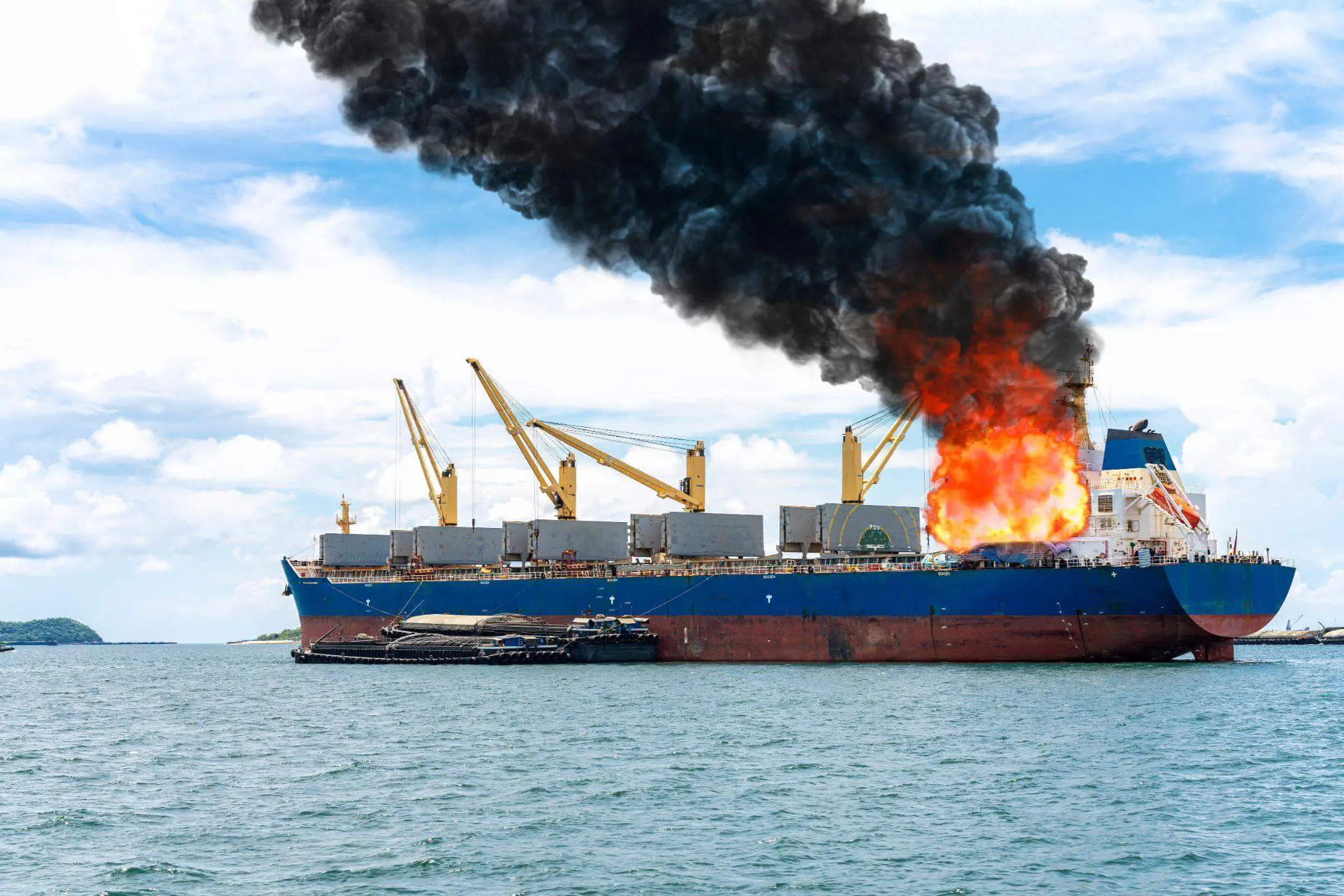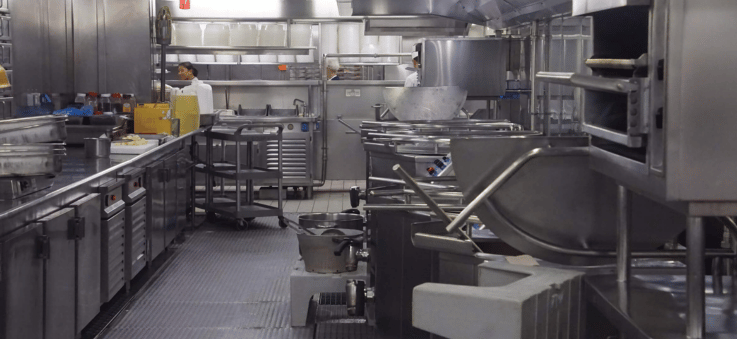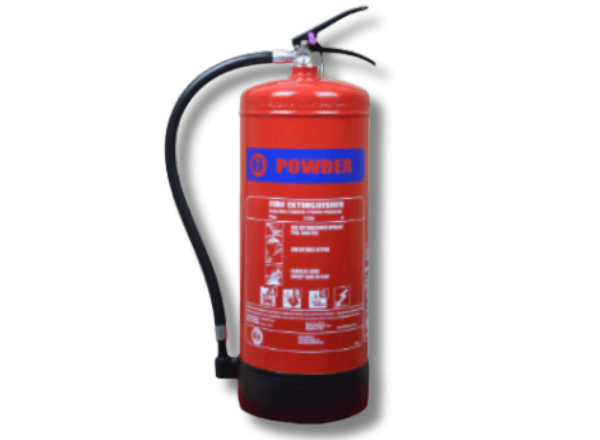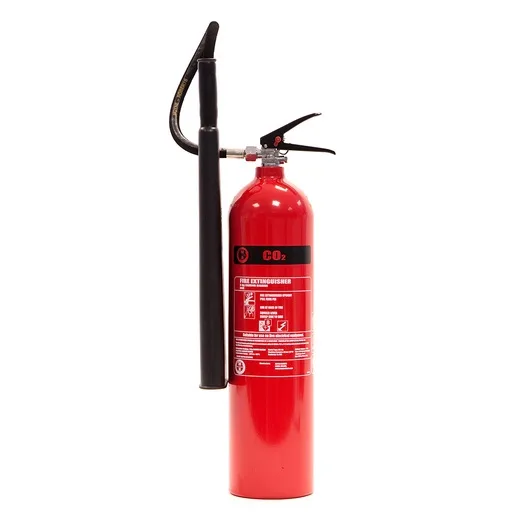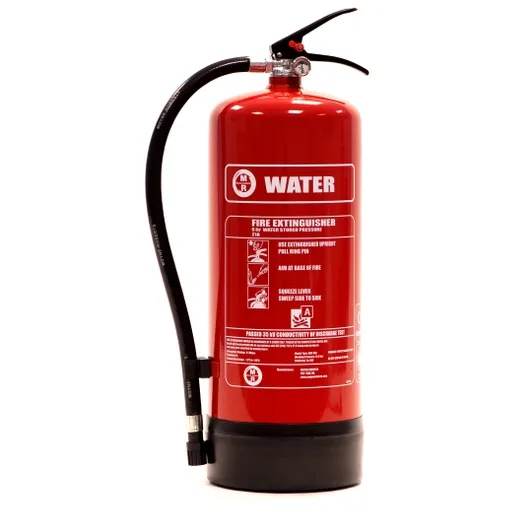Fire is the third main cause of total vessel write-offs worldwide. Beyond the risk to life, fires can lead to significant operational setbacks through vessel downtime, repair expenses, and catastrophic operational costs. It’s also the most expensive cause of marine insurance claims, according to Allianz Commercial’s Safety and Shipping Review.
Engine room fires
Engine room fires are among the most common and dangerous on vessels, often resulting from fuel and oil leaks. You’ve got fuel lines, hot surfaces, and complex machinery all in one space. Regular maintenance isn’t just ‘busywork’; it’s what keeps everyone alive.
Causes: Poor maintenance, faulty fuel lines, overheating of machinery, and electrical failures.
Prevention: Regular maintenance and inspection of engines, fuel lines, and electrical systems are vital. Implementing a strict cleanliness regime to remove oil spills and ensuring proper ventilation can significantly reduce the risk.
Electrical fires
Electrical systems are another major concern. You know those shortcuts people sometimes take with electrical equipment? They’re just not worth the risk.
Causes: Faulty electrical equipment, overloaded circuits, poor maintenance, and the use of unauthorised devices. Electrical fires can occur anywhere on the ship where electrical systems are present.
Prevention: Regular inspections and maintenance of electrical systems, adherence to load capacities, and only allowing use of approved electrical devices. Train crew members to recognise the signs of electrical issues is also critical.
Galley fires
In the galley, it’s all about vigilance. One forgotten pan or grease buildup can spell disaster. Simple habits like cleaning routines and never leaving cooking unattended make all the difference.
Causes: Galley fires result from cooking equipment and operations. Overheated cooking oil, unattended stoves, and flammable materials near heat sources are common culprits.
Prevention: Never leave cooking appliances unattended, regularly clean cooking equipment to prevent grease buildup, and install and maintain proper fire suppression systems in the galley area.
